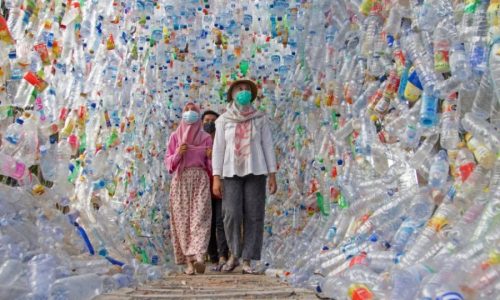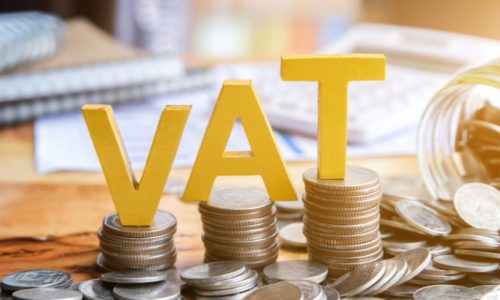The Ministry of Energy and Mineral Resources (ESDM) is investigating the reasons behind Indonesia’s continued nickel imports, which surged to 507,697.32 tons this year, a significant increase from 374,468.32 tons in 2023, despite the country’s rich nickel reserves.
ESDM Minister Arifin Tasrif suspects this import surge is linked to delays in the approval of nickel Work Plans and Budget (RKAB).
“RKABs have been issued for 450-500 companies,” Arifin said as quoted on Monday, June 10, 2024.
In May, the Directorate General of Mineral and Coal at the ESDM ministry reported receiving RKAB submissions from 747 mineral companies, including nickel producers.
According to the submitted RKABs, Indonesia’s planned nickel production for 2024-2027 stands at 240 million tons annually, with production expected to remain stagnant over the next three years. Any changes would require new submissions.
The government has revised the RKAB submission frequency from annual to every three years. Arifin explained that nickel processing in Indonesia currently operates under two systems: integrated with smelters and non-integrated. Companies without integrated smelters can expand their capacity.
Arifin pointed out that data inconsistencies might arise if production capacity is expanded by companies without RKAB approval.
“There could be data mismatches if production comes from companies without approved RKABs, which have yet to meet several requirements,” he noted.
The ministry has established 17 criteria for RKAB approval, promising issuance within a day if all criteria are met. Delays are typically due to unmet requirements.
The ESDM Ministry has conducted three training sessions to help companies understand and fulfill these requirements, speeding up the approval process.
Arifin identified several reasons for RKAB delays, including outstanding non-tax state revenue payments, lack of community development programs, and expired permits.
“The delays are due to the companies’ own issues, such as not settling non-tax state revenues, not having community development programs, or having expired permits,” he saed.
The ministry’s efforts aim to address these issues and streamline the approval process, reducing the dependency on nickel imports and ensuring better utilization of domestic resources.









